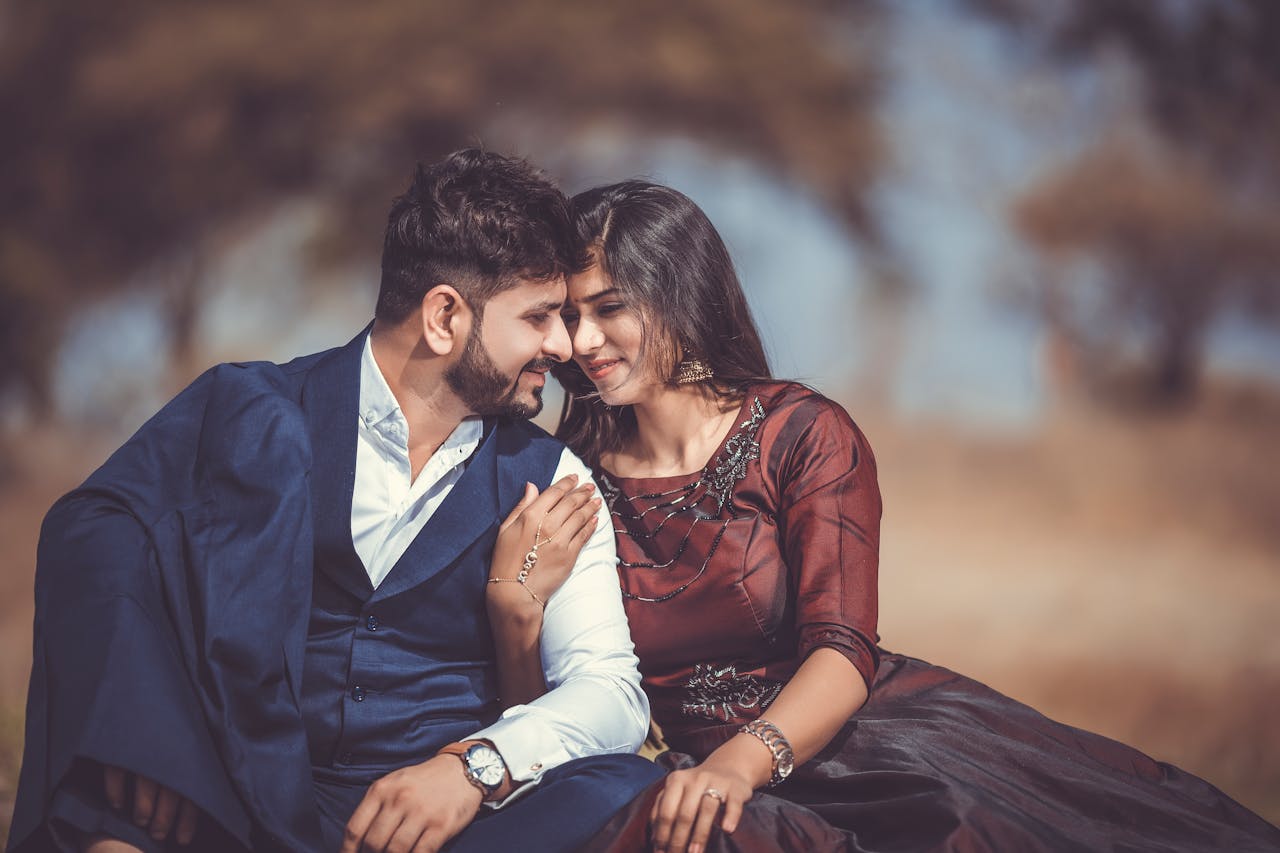Comprehensive Overview on Living Relationship in India.
In recent years, the concept of living relationships has gained significant traction in India. Often misunderstood or misrepresented, living relationships—where couples choose to cohabit without formal marriage—are increasingly being acknowledged and regulated by Indian law. This blog aims to provide a comprehensive overview of the legal stance on living relationships in India, supported by key case laws.

What Is a Living Relationship?
A living relationship, often referred to as cohabitation, involves a couple living together in a long-term, intimate relationship resembling a marriage but without legal formalities. Unlike marriage, which is governed by specific laws and ceremonies, living relationships do not require registration or a formal ceremony.
Legal Recognition and Protections
While living relationships are not explicitly defined or regulated under Indian law, several judicial pronouncements and legal provisions have acknowledged and offered protections for couples in such relationships.s.
The Supreme Court's Affirmation

One of the landmark judgments in this domain is the Supreme Court case of S. Khushboo v. Kanniammal & Anr. (2010). In this case, the Court recognized living relationships as a valid form of companionship, emphasizing that cohabitation without marriage should not be criminalized. The judgment affirmed that consenting adults have the right to live together, and their relationship should be viewed with respect and dignity.
Protection Against Domestic Violence

The Protection of Women from Domestic Violence Act, 2005 (PWDVA) extends protection to women in living relationships. The Act defines a “domestic relationship” to include those who live together in a shared household and are in a relationship akin to marriage. The case of Vineet Kumar v. State of U.P. (2020) highlighted that women in living relationships are entitled to protection and maintenance under this Act, reinforcing the legal acknowledgment of such relationships.
The Supreme Court's Perspective on Alimony

In Indra Sarma v. V.K.V. Sarma (2013), the Supreme Court addressed the issue of maintenance for women in living relationships. The Court ruled that while the term “wife” under the Hindu Marriage Act does not include women in living relationships, the concept of “spouse” for maintenance purposes under various statutes may extend to such relationships, particularly when the couple has lived together for a considerable period.

Property Rights and Succession
The issue of property rights in living relationships is less straightforward. In Charanjit Kaur v. The Union of India (2022), the Supreme Court observed that while living partners do not have automatic rights to inheritance or property, courts may look into the specifics of the relationship to ensure fair treatment and avoid unjust enrichment.
Children Born Out of Live-In Relationships

The legal status of children born to couples in live-in relationships has been addressed by the courts. Such children are granted the same rights as children born to legally married couples, including inheritance rights.
Challenges and Areas for Reform
Despite these legal recognitions, living relationships in India still face numerous challenges. The lack of formal legal status often leads to issues related to inheritance, property rights, and social stigma. The judiciary has made strides in addressing these concerns, but comprehensive legislative reform is needed to fully recognize and protect the rights of individuals in living relationships.
Conclusion
Living relationships in India, while increasingly acknowledged, remain a complex area of law. Key judicial pronouncements have provided important protections and recognition, but significant gaps remain. For couples in living relationships or those considering this arrangement, understanding these legal aspects is crucial. As societal attitudes evolve, it is anticipated that Indian law will continue to adapt to better accommodate and protect individuals in living relationships.
At The Legal Today, we are committed to providing expert legal advice and guidance on various aspects of family law, including living relationships. If you have any questions or need legal assistance, feel free to contact us.

hi